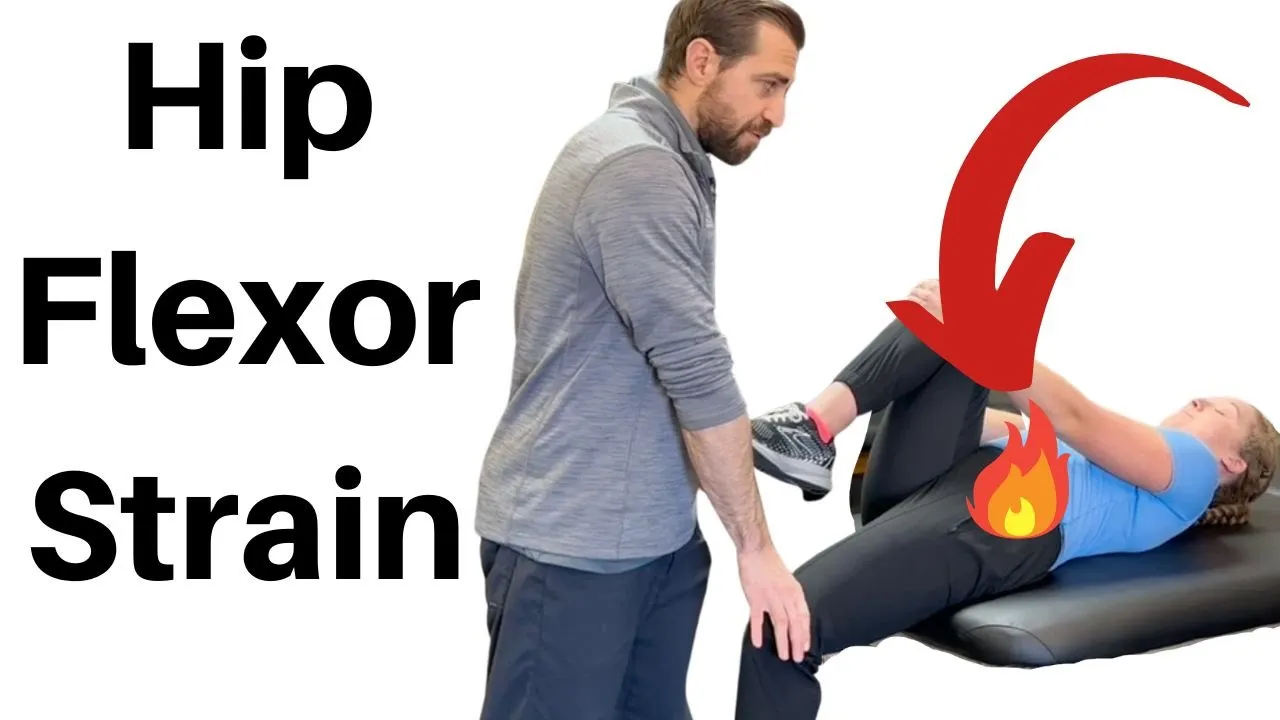
The Best Diagnostic Tests for Hip Flexor Strain Injuries | Evidence Based - Sensitive, Specific
In today's episode we go over The Best Diagnostic Tests for Hip Flexor Strain Injuries | Evidence Based - Sensitive, Specific:
As a physical therapist, you know the importance of accurate diagnosis when it comes to treating hip flexor strain injuries. These types of injuries can be frustrating and painful for your patients, so getting an accurate diagnosis is essential for effective treatment.
When it comes to diagnosing hip flexor strains, special tests are an important tool for physical therapists. These tests help to identify which areas of the hip that may be causing pain or dysfunction. However, it's important to note that not all special tests are created equal. In order to accurately diagnose hip flexor strain injury, physical therapists need to use both sensitive and specific tests.
Sensitive tests are designed to help RULE OUT pathology. They're basically only accurate if they're negative. These tests may produce false positives, meaning they may indicate a problem when there isn't one. While false positives can be frustrating, they are preferable to false negatives, which occur when a test fails to detect a problem that actually exists.
On the other hand, specific tests are designed to accurately identify the specific issue causing pain or dysfunction. These on the other hand help to RULE IN pathology and are accurate when positive. These tests may produce false negatives if the issue is not specifically targeted. However, when used in combination with sensitive tests, specific tests can provide a more accurate diagnosis of hip flexor strains.
For physical therapists, this means that it's important to use a variety of special tests when evaluating a patient with hip pain or dysfunction.
In addition to special tests, physical therapists should also take a comprehensive approach to evaluating patients with hip pain or dysfunction. This may include a thorough history, physical examination, and utilizing any available imaging studies such as x-rays or MRIs. By taking a comprehensive approach, physical therapists can ensure that they have all the information they need to make an accurate diagnosis and develop an effective treatment plan.
In today's video we go over The Best Diagnostic Tests for Hip Flexor Strain Injuries | Evidence Based - Sensitive, Specific. Check out the video below:
In conclusion, when it comes to diagnosing hip flexor strains, physical therapists need to use both sensitive and specific special tests. By using a combination of tests, physical therapists can accurately identify the specific issue causing pain or dysfunction in the hip joint, leading to more effective treatment and better outcomes for their patients.
- Dan Pope PT, DPT, OCS, CSCS
Show Notes / Relevant Articles:
Want to support me and decide topics for future episodes? Click HERE to sign up for FPF "Insiders" for just a dollar. You'll gain access to 100+ webinars, e-books and complete guides. Plus, you'll get private access to the "Insiders" Facebook group where you can have all of your questions answered by me.
Looking for other ways to support me that are 100% free?
- Like, comment and share on youtube, facebook and instagram
- Leave a 5-star review on apple podcasts
Thank you!
Dan Pope DPT, OCS, CSCS
References:
- Serner A, Weir A, Tol JL, Thorborg K, Roemer F, Guermazi A, Yamashiro E, Hölmich P. Characteristics of acute groin injuries in the hip flexor muscles - a detailed MRI study in athletes. Scand J Med Sci Sports. 2018 Feb;28(2):677-685. doi: 10.1111/sms.12939. Epub 2017 Aug 4. PMID: 28649793.
